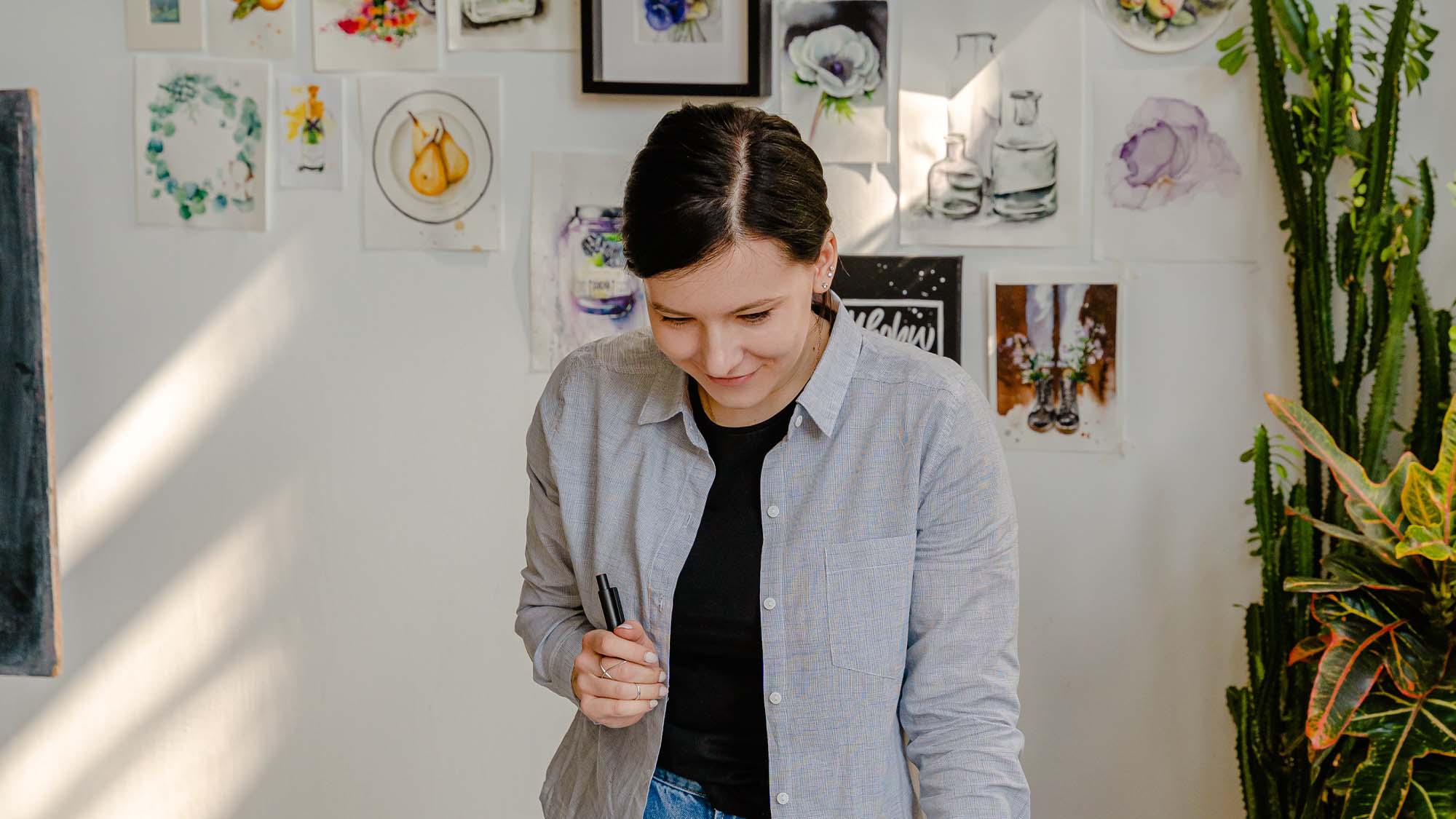Why the UK is the best place to set up a limited company
Last updated: 1 May 2024. You can gain a lot of benefits from registering your business as a limited company, and it’s also possible to incorporate...
Manage your equity and shareholders
Share schemes & options
Equity management
Migrate to Vestd
Company valuations
Fundraising
Launch funds, evalute deals & invest
Special Purpose Vehicles (SPV)
Manage your portfolio
Model future scenarios
Powerful tools and five-star support
Employee share schemes
Predictable pricing and no hidden charges
For startups
For scaleups & SMEs
For larger companies
Ideas, insight and tools to help you grow
2 min read
 Steve Lumley
:
September 6, 2022
Steve Lumley
:
September 6, 2022

The pandemic lockdown meant that millions of people were forced to stay home, but some of them decided that it was the perfect opportunity to realise long-held business dreams.
Not everyone was binge-watching Netflix because thousands of people decided to take the plunge and become entrepreneurs.
Indeed, Tyl by Natwest, a card payment offering has hailed 2020 as ‘the year of the startup’.
That’s when 50,000 start-ups were created every month of the year – that’s a total of 770,000 new businesses - a national record, says the Office for National Statistics - and it’s 30% higher than 2019’s figure.
The chief executive of Tyl, Mike Elliff, says that many innovators began their businesses in the digital marketplace.
That meant that more mail-order and online retail businesses were created than in any other sector. 2020 saw 35,608 such firms starting up, compared to 2019’s figure of 13,615.
The third most popular venture was the selling and buying of real estate - with these businesses rocketing by 40% when compared with 2019.
Also, takeaway food shop numbers leapt by 33% in 2020.
Among the online outlets that attracted innovators was Etsy, which, according to a Moneyfacts.co.uk survey attracted tens of thousands of creative people to its offering.
Etsy says that the number of active sellers around the world in 2020 rose by a whopping 1 million.
Mr Elliff says: “Despite the challenges faced by communities, businesses and the world, the resourcefulness and resilience of Britain’s entrepreneurs is a great untold story.”
He says that new business owners deserve to be credited for their enterprise and energy while developing agile and innovative startups.
However, before we look at some of the Covid-19 lockdown business success stories, we need to appreciate that they all got the basics right.
That means that the new businesses:
Regardless of when you launch a business, those things are fundamental to success.
Co-founder Emily Robertson looked to the British Business Bank for financial help to get her gin-making startup off the ground.
She says that the lockdown was ‘interesting’ and not what they had wanted, and they had to adapt by launching new products for new markets – and shifting sales from the trade toward the public.
The British Craft House also gives the British Business Bank acknowledgement for help and they’ve now assisted more than 450 independent crafters to sell their goods online.
That’s down to the pandemic lockdown closing high street shops which meant craft buyers had to look online.
An app that was meant to help people share and upload workouts to inspire and motivate others was created by Greg Gardner during the pandemic.
Originally aimed at gym users, the app pivoted towards those working out at home after the gyms were closed.
But there are lesser-known startup success stories too, like Gallaghers Deli in Staffordshire, a home-cooked food delivery firm that started after non-essential shops were closed.
Keith Tiplady launched a chocolate factory from his kitchen. Sarah Furness started a gluten-free sweets firm at home in Ascot. The list goes on.
The businesses that started during the pandemic and then became successful are those who found they had transferable skills or passions and hobbies that could be turned into a new business.
There’s no template as to whether a startup will be successful, but you do need to get the basics right and work hard at delivering your business objectives.
It's expected that the UK will enter a recession soon but businesses launched during tough times have the potential to stand the test of time.
Ready to make it official? You can set up your limited company via Vestd, take care of tedious (but necessary) admin and set up a share scheme, all in one place. Learn about Launch.

Last updated: 1 May 2024. You can gain a lot of benefits from registering your business as a limited company, and it’s also possible to incorporate...

Last updated: 6 August 2024. Inspired by an unmemorable dog-sitting van (!), Words.tel offers companies a fresh way to stand out from the crowd....

When looking to raise investment, choosing the right legal structure is vital when considering your long-term plan.